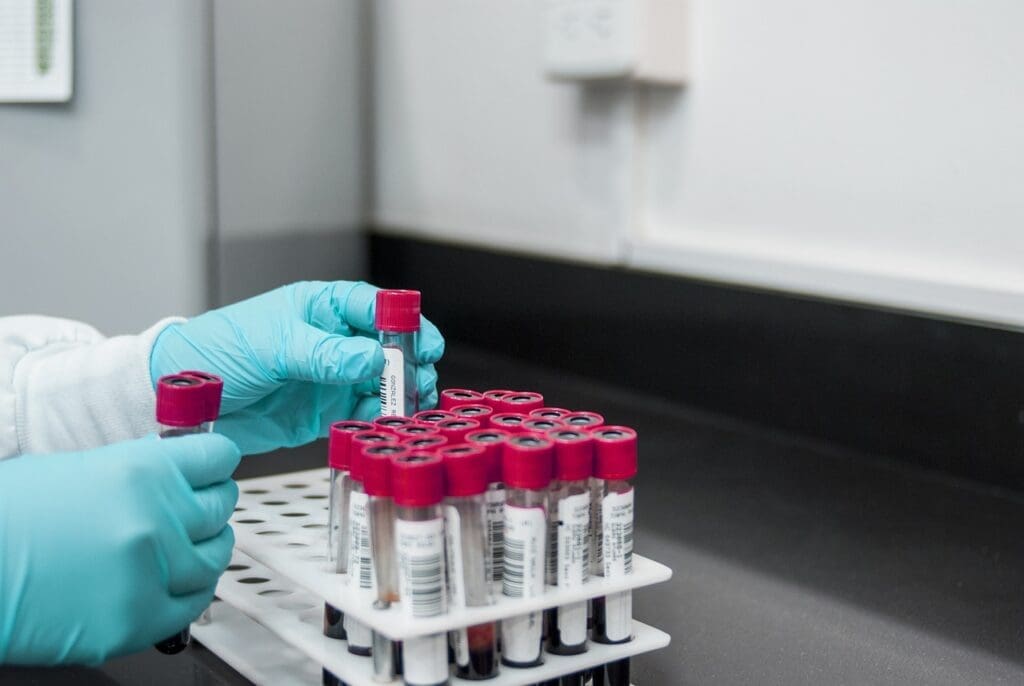New biomarkers for severe chlamydia infections identified
Researchers at North Carolina State University and the University of North Carolina have discovered biomarkers in a study published on August 12, 2025, that can predict whether a chlamydia infection will rise to the uterus and uterine lining. These findings, published in Infection and Immunity, could enable the development of new diagnostic methods to identify women at high risk of severe infections without invasive procedures.
Chlamydia trachomatis (CT) is a sexually transmitted bacterium that can cause serious complications in women, such as pelvic inflammatory disease, infertility, and other reproductive problems, if the infection reaches the upper genital tract. Since an ascending infection can only be confirmed by an invasive endometrial biopsy, the study aimed to find non-invasive biomarkers. Led by Xinxia Peng (North Carolina State University) and Catherine O’Connell (UNC School of Medicine), the researchers analyzed mucosal samples of the cervicovaginal microbiome (CVM) of 246 women from a high-risk cohort using 16S rRNA-based high-throughput sequencing.

The participants were divided into three groups: CT-negative, CT-positive without ascent and CT-positive with ascent to the upper genital tract. The analysis showed that certain bacterial species such as Hemophilus haemolyticus, Sutterella stercoricanis and Actinobaculum massiliense were predictive of ascending infection. These bacteria correlated with elevated levels of seven cytokines previously associated with CT ascension. A key finding was that the amount of chlamydia itself is the strongest predictor of ascent, which underlines the difficulty of quantification so far.
The study suggests that certain bacteria influence the immune response by either promoting the proliferation of chlamydia or keeping the host’s immunity alert, making infection more difficult. Protective bacteria such as Lactobacillus , on the other hand, could reduce the risk of infection. The results suggest that microbial compositions in CVM could serve as biomarkers to identify women at increased risk of complications. The study was supported by the National Institute of Allergy and Infectious Diseases (U19 AI084024, R01AI170959). Further studies are needed to clarify the interactions between the microbiome and the immune system and to develop preventive approaches.
Original Paper:
Editor: X-Press Journalistenbû¥ro GbR
Gender Notice. The personal designations used in this text always refer equally to female, male and diverse persons. Double/triple naming and gendered designations are used for better readability. ected.




